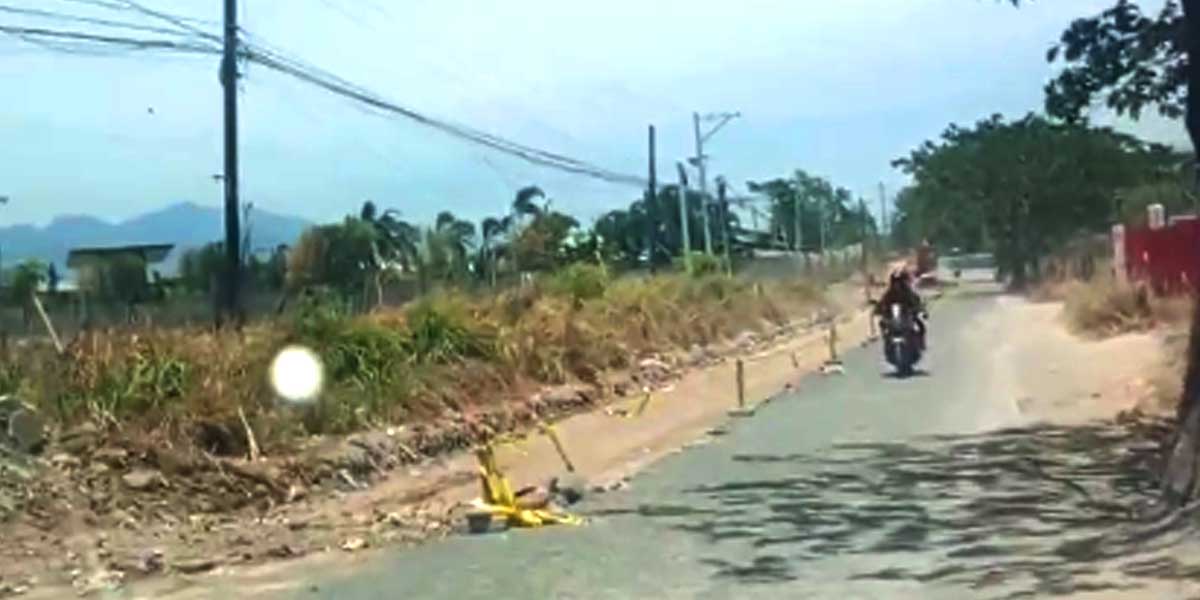By Herbert Vego
IN 2016, I wrote about a World Bank (WB) report baring the “dismal failure” of banks in the Philippines to attract depositors. Based on figures culled from all banks nationwide, only 10 million Filipinos have bank accounts.
Today, however, if we are to believe the latest survey undertaken by the Bangko Sentral ng Pilipinas, the number of individuals with bank savings has jumped to 42.9 million. Wow, an improvement!
According to the BSP survey, among the non-depositors are those who earn P50,000 a month, which is far above the minimum wage. Does this indicate that they still could not cope with their family’s standard of living?
We can only presume that most of the estimated 115 million Filipinos today do not earn enough to stash away a fortune in the bank.
For the more fortunate, there is really not much incentive now to open a savings account at a “losing” interest rate of 0.10% to 0.25%.
Worse, accounts that fall below the bank’s required minimum deposit gradually “melt” due to the penalty imposed. As if this were not bad enough, the earned interest further shrinks due to government-imposed withholding tax.
I remember a tale shared to me by a cousin, for whose daughter she opened a “kiddie savings account.” She deposited modest amounts into it month after month until it hit the P5,000 mark. A year and a month later, the mother had to withdraw the money due to an emergency.
Imagine her dismay at discovering that the accrued interest could not cover her taxi fare.
That confirms another BSP finding – that low-income savers are very vulnerable to risks emanating from unexpected situations that require spending.
Interest earned, if truth be told, pales in comparison with the value of money lost to inflation. For example, a product that costs a hundred pesos today could double in price in a year or two. So why not engage in a buying spree sooner than later?
The irony of it all is that when consumers buy instead of save, they contribute to higher inflation and further weaken the purchasing power of the currency.
On the other hand, wiser wage earners with unspent money prefer other alternatives of “growing” it.
They figure out that whenever they deposit cash for a song, it’s the bank that really earns by lending the same money to favored entrepreneurs and industrialists at higher interest rates!
“Unfair,” these small depositors wail. When they themselves go to the bank for a loan, they are spurned due to lack of collateral.
So, it is better for them to invest in buy-and-sell, in a small sari-sari store or in lending to friends and neighbors. It is not uncommon to see homeowners stocking his refrigerator or freezer with soft drinks, ice or ice candy for sale.
The more adventurous ones inevitably educate themselves on “financial literacy” and engage in micro and small enterprises.
Distrust in the banking system is probably the biggest reason why even the moneyed are cautious about keeping their eggs in one basket. It is no longer possible to count in one’s fingers the local banks that have folded up, leaving their depositors at the delayed mercy of the Philippine Deposit Insurance Corporation (PDIC).
There’s the rub. If necessity compels you to maintain a bank account for business, emergency or safekeeping, do it within the range allowed by the PDIC for insurance coverage. That means a maximum of P500,000 per depositor per bank. If a depositor has more than that, sorry na lang.
-oOo-
PREMATURE QUARREL SPOILS CENECO-IGNITE ‘JVA’
I am not privy to the problems hounding the management of the Central Negros Electric Cooperative (Ceneco) in Bacolod City.
But judging from reports by our Bacolod News Bureau chief Dolly Yasa, the proposed joint venture agreement (JVA) between Ceneco and Ignite Power has turned into a bone of contention between consumer group Power Watch Negros (PWN) and Responsible Supervisors and Confidential Union of Employees (RESCUE) of Ceneco.
It was RESCUE’s opposition to the JVA that provoked PWN’s secretary general Wennie Sancho into telling the Bacolod media, “It is very clear that their opposition against the proposed JVA is to protect their vested interests and not those of the consumers.”
Until this controversy reared its ugly head, Ceneco consumers had not even heard about “supervisors and confidential employees with excessive salaries, fat bonuses and allowances.”
What’s wrong with a joint venture intended to strengthen the power infrastructure of Ceneco?
Both the Ceneco and Ignite Power officials have yet to agree on details of the proposed JVA. Therefore, there is nothing to be “rescued” at all.




















